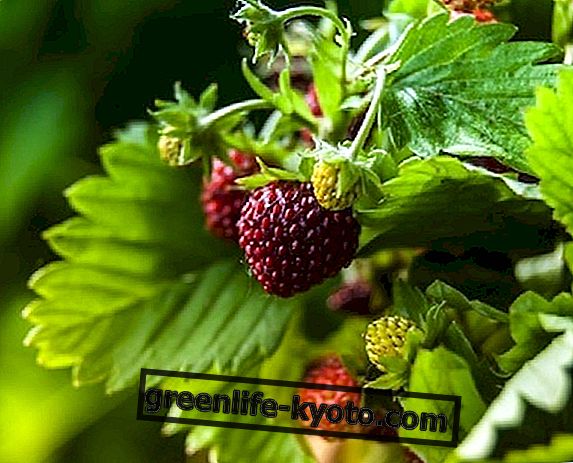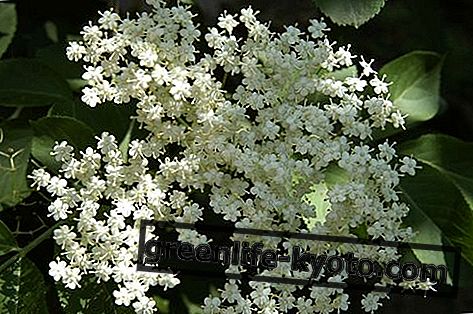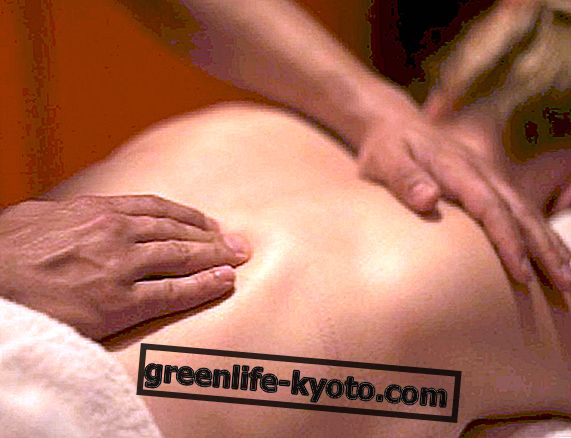
What is Mindfulness?
A Buddhist monk, chased by a tiger, runs, runs, runs, until he falls in front of a cliff. He clings to the last second to a plant and, suspended, with the tiger still threatening him, he notices a strawberry plant with a ripe red strawberry in front of him and thinks: "Toh, a strawberry!".
Probably each of us will gather in this famous Zen story a different nuance of the many meanings it contains, depending on one's experience and sensitivity. However, we invite you to reflect on an aspect of it that is functional to understanding what Mindfulness is a technical note based on Buddhist meditation.
The climax of the story that we have proposed sees the monk hanging from a plant with the tiger above it and under the void, yet in a moment of extreme terror and inevitable despair he can see the strawberry showing an astonishing capacity to pay attention. Here we are metaphorically at the heart of Mindfulness. Explains Saki Sartorelli, one of the fathers of this discipline and director of the Center for Mindfulness at the University of Massachusetts Medical School: " Mindfulness is the awareness that comes from paying attention to the present moment, intentionally and without judgment. Awareness is not synonymous with relaxation and it is not even a philosophy: it is a way of being that implies being constantly in relationship with oneself and with the world and accepting what is there, whether it be discomfort or suffering, passion or pleasure ". We enrich this definition by wiping out doubts about what Mindfulness IS NOT: " It is not a condition of trance, with the weakening or disappearance of awareness, It is not a mystical meditation, intended as an involuntary presentation of images and visions of religious significance. It is not, above all, a relaxation technique, a method whose purpose is to achieve a state of physical and mental well-being, even if this can sometimes be a side effect ", warns Fabio Giommi, psychotherapist and researcher at at the Catholic University of Nijmegen in the Netherlands, founding member and president of AIM - Italian Association for Mindfulness.
The benefits of Mindfulness in the workplace
Given these elements of understanding, let us cling to the definition of Mindfulness that is more frequent and known in order to go further without sinking into a potentially infinite discourse. This is the explanation of Kabat Zinn, father and pioneer of this meditative practice also for therapeutic purposes: " Mindfulness consists in paying attention in a particular way: intentionally, in the present moment and in a non-judgmental way ".
Anchored in these words, we analyze some research that highlights how this practice can be useful in the work sphere . The courses of leadership, communication and persuasion, well known in the past, are now outdated: it has been demonstrated that those who practice Mindfulness collect a series of benefits ranging from the greater ability to pay attention to less emotional and psychological exhaustion in situations of stress therefore optimizing the work results.
We report by way of example two of the many publications on the subject, around 700. A study was conducted by the University of Santa Barbara that clarified how just two weeks of Mindfulness are enough to significantly improve reading, comprehension and memory skills. concentration . Compared to the control group, those who had practiced Mindfulness obtained decidedly more satisfactory results both in the written test proposed by the researchers and in the memory tests. One of the authors of the experiment, Dr. Michael Mrazek, comments on the result: " This is the most complete and rigorous demonstration that Mindfulness can reduce the wandering of the mind, and one of the clearest demonstrations that Mindfulness is able to improve the working memory and reading, and finally the first study to combine all this to show that the wandering of the mind can mediate improvements in performance ".
Another research on the subject is focused on the so-called decision making process . This experiment was conducted by the University of Toronto and shows that the practice of Mindfulness acts as a sort of shield, protecting from momentary positive feedback found in a given situation. In other words, the way of acting and the decision-making process are not spoiled by occasional success - which can be ephemeral - but remain intact and lucid. Managers and investors, above all, know well how the peak, the sense of invincibility that is reached after a success can expose to a ruinous fall. Among the individuals participating in the experiment, those who were advanced in the practice of Mindfulness and therefore registered a profound acceptance of thoughts and whose mind turned out to be non-judgmental (at least not constantly) showed less neuronal reactivity to an immediate reward with all the benefits which we have described.
The art of noticing the strawberry
I do not always find correct the use of meditative, physical and relaxation techniques, both of a Western and Eastern nature, for purely utilitarian purposes, that is, to improve work performance, productivity and physical fitness. All these methods have been designed for far higher purposes than ... improving a company's turnover or losing a few pounds. However, if they can bear fruit even in these areas, it could be a pity to waste them, although the subject is very complex.
Personally, I believe it is worth dedicating ourselves for one's own personal growth, for oneself and for ... Learning the art of noticing the strawberry, as the Zen story quoted in the opening says: that attention, sometimes vital, to what is beautiful and positive surrounds us, despite a tiger above us and the abyss below.
SEE ALSO
Problems with studying? Try meditation!
Meditation for beginners
See also the video with the interview with Fabio Giommi













